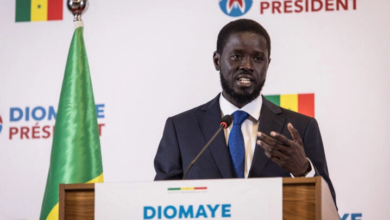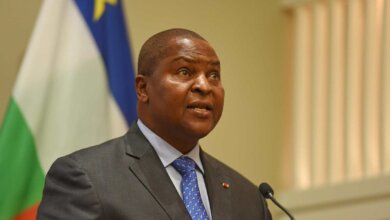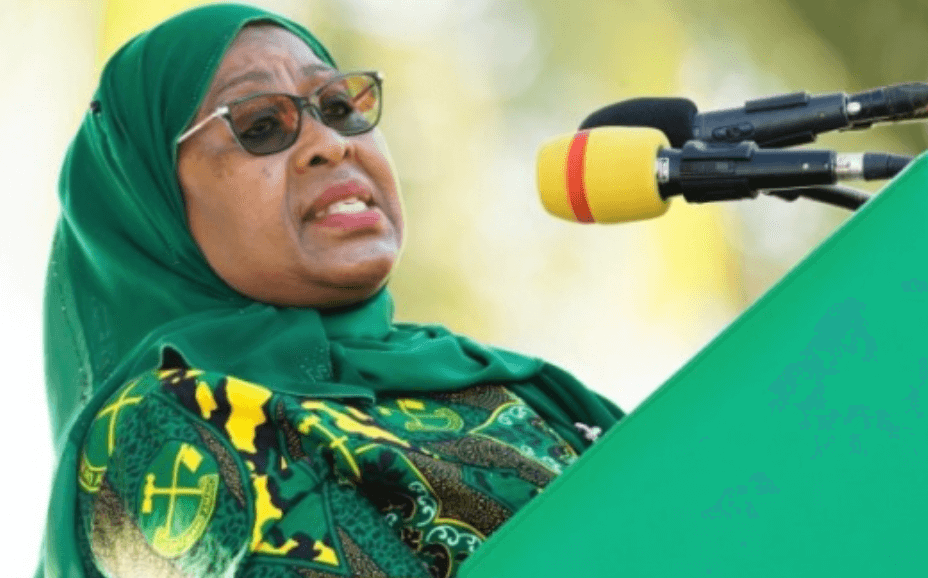
Ghana is making sweeping changes in its gold industry, with a new directive barring all foreign nationals from operating in the local gold trading market. It has been described as an ambitious move aimed at boosting national revenue, promoting transparency, and regaining control of the country’s most lucrative resource sector.
The transformation is anchored by the creation of the Ghana Gold Board (GoldBod), a new state agency now tasked with overseeing all gold transactions within the artisanal and small-scale mining (ASM) sector. Established through legislation signed by President John Mahama on April 2, GoldBod has exclusive rights to purchase, sell, and export gold in the local market.
“All foreigners are hereby notified to exit the local gold trading market not later than 30th April, 2025,” said Prince Kwame Minkah, a spokesperson for GoldBod, emphasizing the start of a new chapter for Ghana’s gold economy.
The government has committed $279 million to ensure the board is fully equipped to purchase and export at least three tonnes of gold each week. Finance Minister Cassel Ato Forson noted that the initiative will enhance foreign exchange inflows and stabilize the Ghana cedi, especially amid rising global gold prices, which recently soared to $3,200 per ounce.
This bold reform offers an opportunity to redirect the nation’s mineral wealth for public benefit. Last year alone, Ghana’s gold exports jumped 53.2% to $11.64 billion, with nearly $5 billion attributed to legal small-scale mining. By centralizing gold trade, officials hope to channel more of these earnings into national development.
Though the directive marks a significant shift, it still allows foreign entities to engage with the market through formal applications to buy gold directly from GoldBod—ensuring regulated international participation without compromising national control.
The move also brings renewed hope for environmental restoration. Over 60% of Ghana’s water bodies have been damaged by illegal mining, a long-standing issue often linked to both local and foreign actors. While GoldBod was not created specifically to tackle illegal mining, restricting access to the local trade network is expected to curb such activities by disrupting their sales channels.
“Properly implemented, this could bring order to the chaos in the sector and bolster government revenue,” said Nana Asante Krobea, a mining governance expert. He called the new law a strong message to foreign operators, particularly Chinese nationals, who have long been accused of flouting environmental and legal standards.
Local traders, whose licences have been revoked, are being given a grace period to transition. During this time, all gold purchases must be conducted in Ghana cedis and priced based on the Bank of Ghana’s official rate—a measure expected to support economic stability and transparency.
Some industry players have raised concerns. Kwaku Effah Asuahene, chairman of the Chamber of Bullion Traders Ghana, voiced support for the initiative but suggested that partnerships with foreign investors, under GoldBod’s oversight, might have ensured broader capital access.
Still, the chamber acknowledges the reform’s potential to transform the sector. Despite facing economic headwinds, Ghana remains Africa’s top gold producer and the world’s sixth largest.
Written by Kweku Sampson

This article is published by either a staff writer, an intern, or an editor of TheAfricanDream.net, based on editorial discretion.





